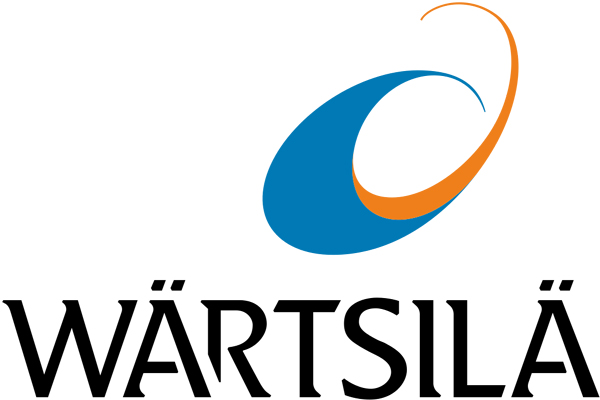
Wärtsilä launches tests for carbon-free fuels
HELSINKI (Finland), July 19, 2021
Finnish technology group Wärtsilä is pioneering the adoption of hydrogen and ammonia as viable engine fuels through advanced testing in the company’s fuel-flexible combustion engines.
Hydrogen and ammonia contain no carbon, meaning the combustion releases no CO2 emissions. Full-scale engine tests have been recently carried out in Wärtsilä's engine laboratory in Vaasa, Finland, to assess the optimum engine parameters for running on these fuels.
"The test results are very encouraging, with one test engine performing very well when running on a fuel with 70 percent ammonia content at a typical marine load range. Tests were also completed successfully on another engine in pure hydrogen operation," a statement from the company said.
Wärtsilä CEO Håkan Agnevall said: “These are milestone moments in Wärtsilä’s transition to future fuels. Society will have to invest significant amounts into the infrastructure needed to develop green hydrogen, but those investments require market-ready engines that can run on the fuel once it is readily available.
"The energy and marine industries are on a decarbonisation journey, and the fuel flexibility of the engines powering these sectors is key to enable the transformation," Agnevall added.
For the energy market, Wärtsilä expects to have an engine and plant concept for pure hydrogen operation ready by 2025. For the marine market, the company expects to have an engine running on an ammonia blend this year, the company said.
"Wärtsilä anticipates having an engine concept with pure ammonia fuel in 2023. In the energy sector, it is anticipated that green hydrogen will deliver 7% of the global energy demand by 2050," it added.
Wärtsilä is also developing ammonia storage and supply systems as part of the EU’s ShipFC project. The company has already gained significant experience with ammonia from designing cargo handling systems for liquid petroleum gas carrier vessels, many of which are used to transport ammonia.
“For electricity generation, the amount of renewables globally is growing rapidly, which is vital for being able to comply with the Paris Agreement. To achieve the transition to 100% renewable energy by the middle of the century, a significant amount of flexible balancing power is needed as a complement to ensure stable energy supply, when the sun is not shining or the wind is not blowing,” added Agnevall.
Wärtsilä Marine Power Director of Sustainable Fuels and Decarbonisation Mikael Wideskog said: “Wärtsilä is united in its aim of limiting climate change to below 2 degrees, and the development of engines capable of running on future fuels is crucial to that. The International Maritime Organisation (IMO) has set a target to reduce total greenhouse gas emissions from shipping by 50% by 2050, compared to 2008 levels.
"In addition, a target has been set to reduce the carbon intensity of shipping by 40% by 2030, thus emphasising the need for the rapid introduction of existing and new smart technologies. Our successful engine testing will help us to consider a variety of future fuels and determine the optimum use case for each sustainable fuel,” Wideskog added.-TradeArabia News Service







